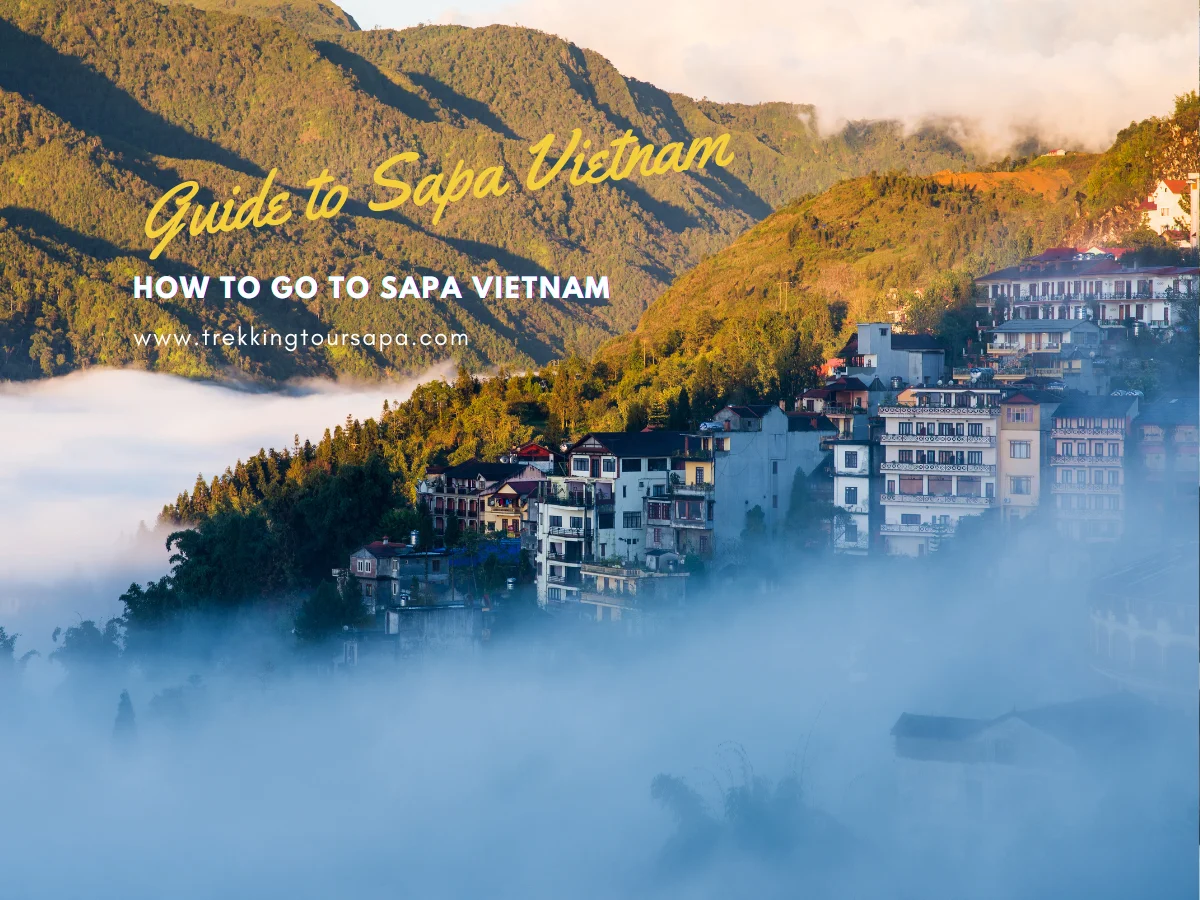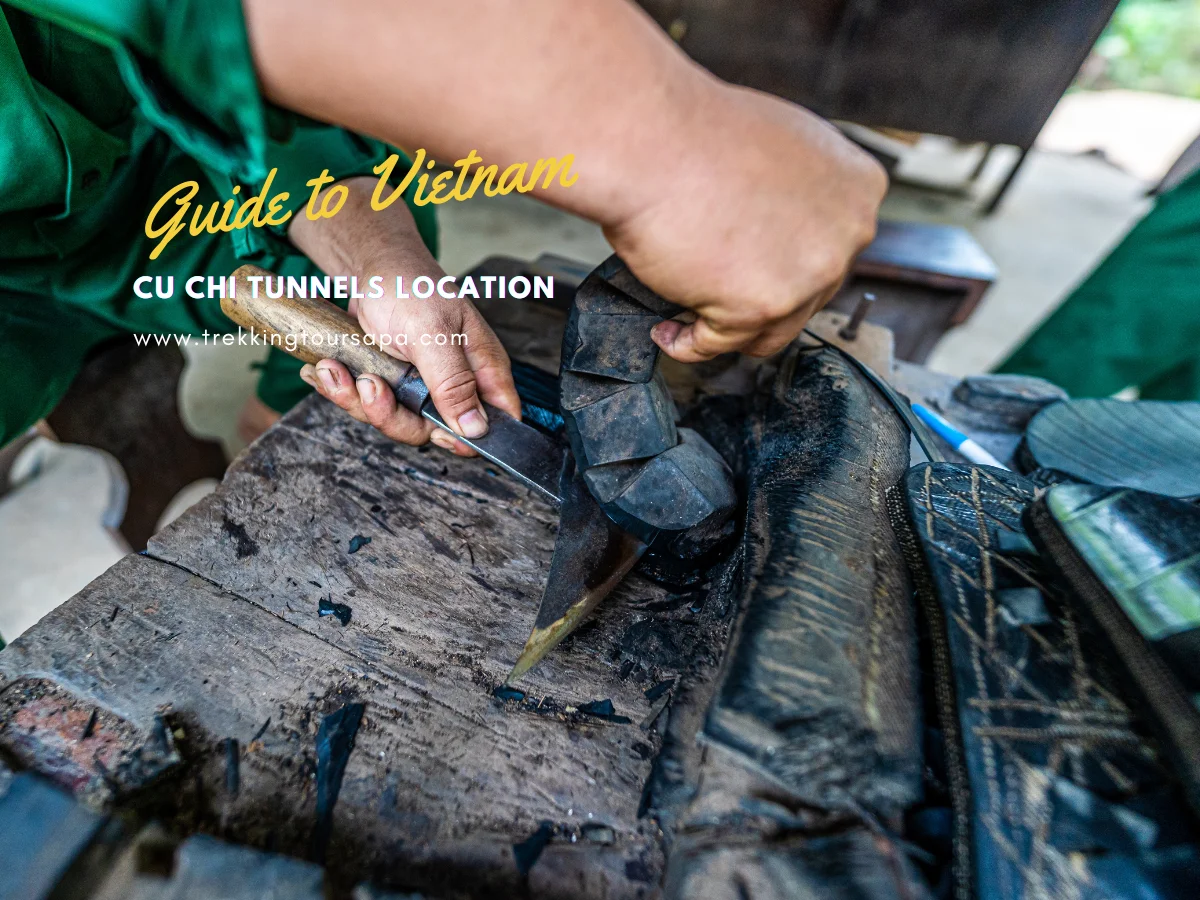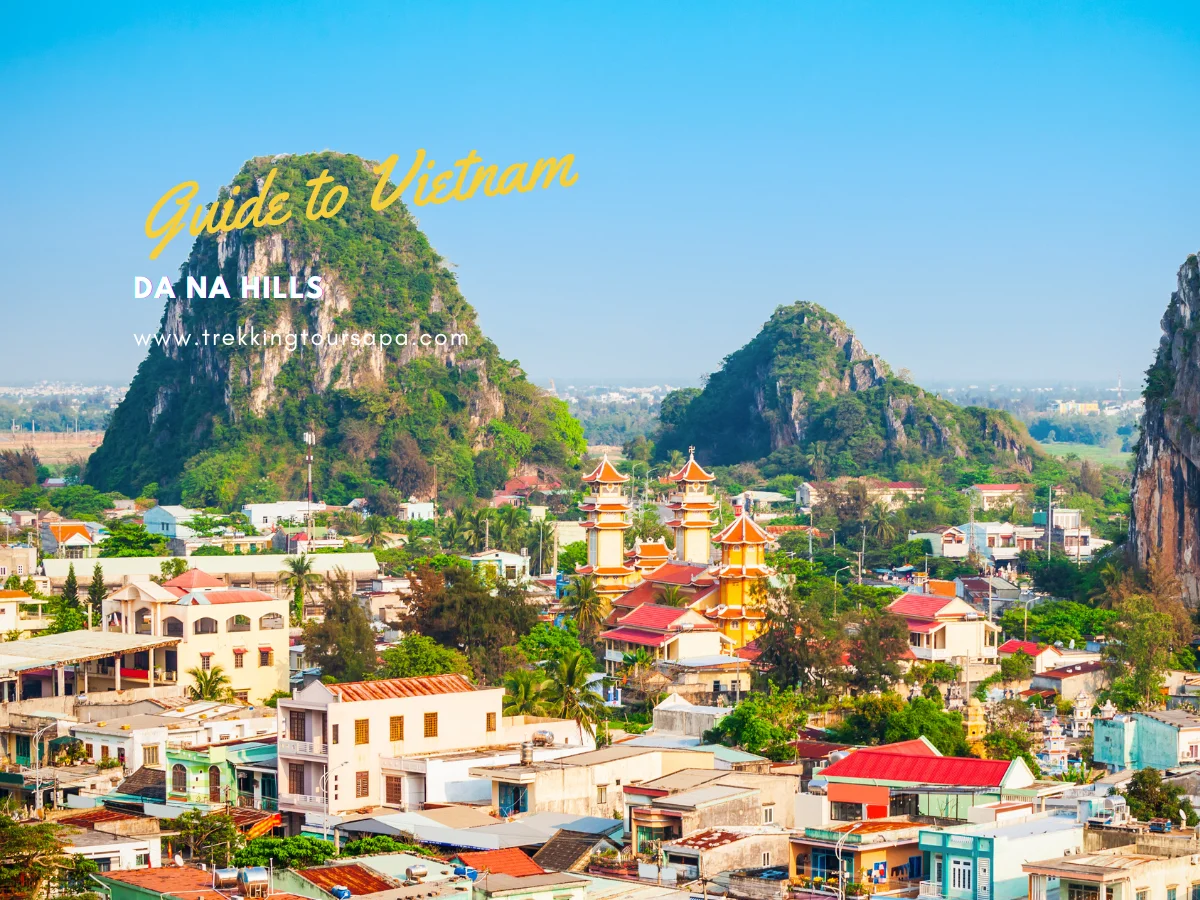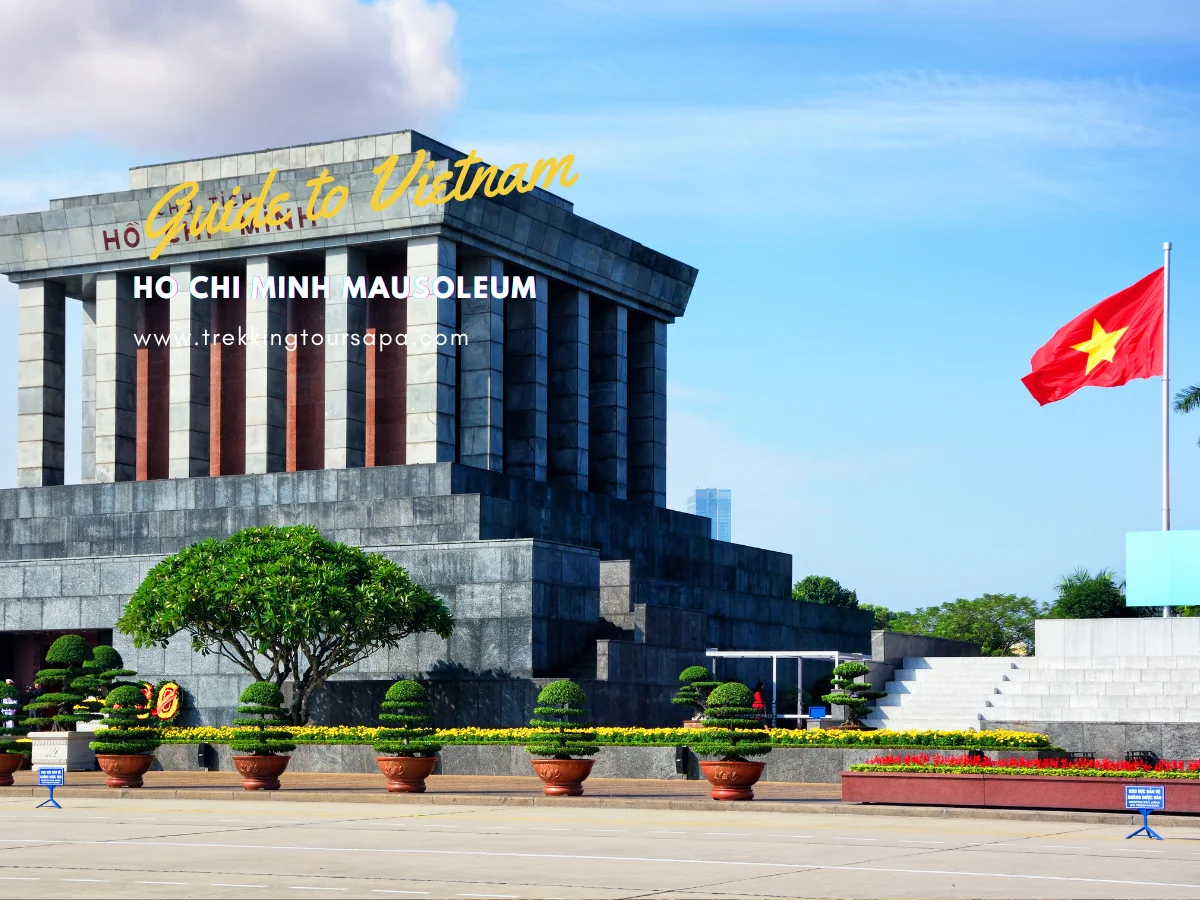Knowing how to get to Sapa is the first step to a memorable adventure. We’ll show you how to easily move from one place to the next. You can travel to Sapa from other places in Vietnam by train, bus, plane, or private car. The easiest and cheapest way is from Hanoi. Both the train and bus options are good for this route.
How To Go To Sapa Vietnam Key Takeaways:
- The best way to travel to Sapa is by train or bus from Hanoi. These options are convenient and affordable.
- If you are coming from other provinces in Vietnam, you can travel to Hanoi first and then proceed to Sapa.
- If you are traveling from overseas, you can fly to Hanoi and then continue your journey to Sapa by train, bus, or taxi.
- Sapa offers a range of activities and attractions, including trekking, visiting ethnic minority villages, and experiencing the local culture.
- The best time to visit Sapa is during the harvest season, but the region can be enjoyed throughout the year.

Table of Contents
ToggleHow to Get to Sapa from Hanoi
To get from Hanoi to Sapa, your choices are by train or bus.
Choosing a train means taking an overnight ride to Lao Cai from Hanoi. This journey offers amazing views and comfy travel for about 8-9 hours. From Lao Cai, a short bus or taxi ride of an hour gets you to Sapa.
Trains running from Hanoi to Lao Cai have many classes and seat types. You can select what fits your comfort and budget best. It’s wise to book your Sapa railway tickets early to make sure you get a seat.
For a quicker trip, head to Sapa by bus from Hanoi. The bus ride is only about 5 hours and is a budget-friendly and easy way to travel to Sapa. There are several trusted bus companies that serve this route, so regular buses and reliable trips are available. Always check the bus schedule and book your fare in advance.
Getting to Sapa from Hanoi:
- Take an overnight train from Hanoi to Lao Cai
- From Lao Cai, take a bus or taxi to Sapa
- Alternatively, take a bus directly from Hanoi to Sapa
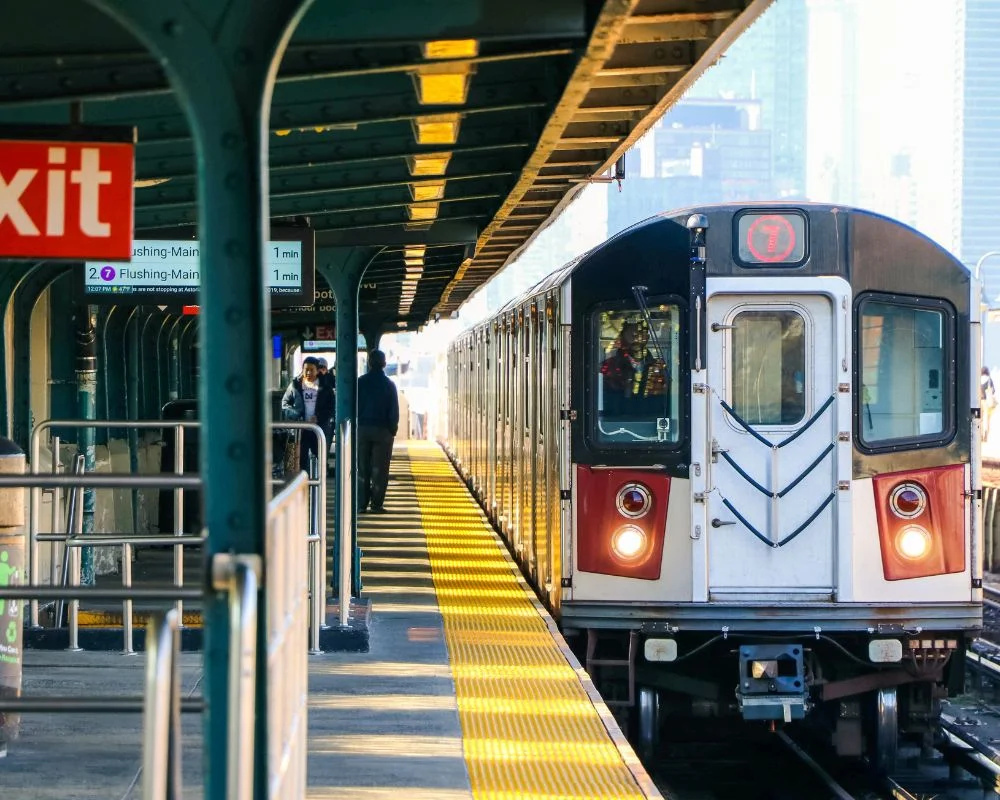
How to Get to Sapa from Other Provinces in Vietnam
If you want to go to Sapa from other places in Vietnam, start by going to Hanoi. In Hanoi, you have many ways to pick from to get to Sapa.
By Train: Trains are a good way to reach Sapa. Travel from your province to Hanoi by train first. Then, hop on an overnight train from Hanoi to Lao Cai. This trip takes 8-9 hours. After Lao Cai, it’s just a short bus or taxi ride to Sapa.
By Bus: Buses are another choice. Take a bus to Hanoi from your province. Then, take a direct bus from Hanoi to Sapa. This bus ride takes about 5 hours. Many good bus companies run this route, offering comfy rides.
By Plane: Flying is also an option. Book a flight to Hanoi from your province. Then, follow the steps mentioned earlier to get to Sapa. This way, with direct flights to Hanoi, is quick and easy for travelers.
Private Transfers: You can go for more private, custom options like taxis or private cars. With these, you control when and where you stop. It’s a great way to travel if you like flexibility.
Choose the way to Sapa that suits you best, keeping in mind comfort and budget. Planning ahead and checking the train, bus, and flight schedules is wise. This will help you have a problem-free and enjoyable trip.

How to Get to Sapa from Overseas
To get to Sapa from another country, you usually fly to Noi Bai International Airport in Hanoi first. You can then take a train, bus, or taxi to Sapa.
Many cities worldwide, like Tokyo, Chiang Mai, Vientiane, Kuala Lumpur, Siem Reap, and Dublin, have direct flights to Hanoi.
After landing in Hanoi, follow the instructions from before to reach Sapa.
Best Things to Do in Sapa, Vietnam
Sapa has lots for visitors. Trekking is a top activity here. You’ll find amazing rice terraces and ethnic minority villages. You can also climb Fansipan Mountain, which is Vietnam’s highest point.
Visiting places like Cat Cat Village and Muong Hoa Valley is a must. You should also see Thac Bac Waterfall and Ham Rong Mountain. Try the local food, stay with a family, and learn about local customs.
Cat Cat Village
“Cat Cat Village is close to Sapa town. It lets you see the Hmong people’s traditional life and crafts. Walk around, visit the shops, and see a dance. Try the food and buy handmade items to help the locals.”
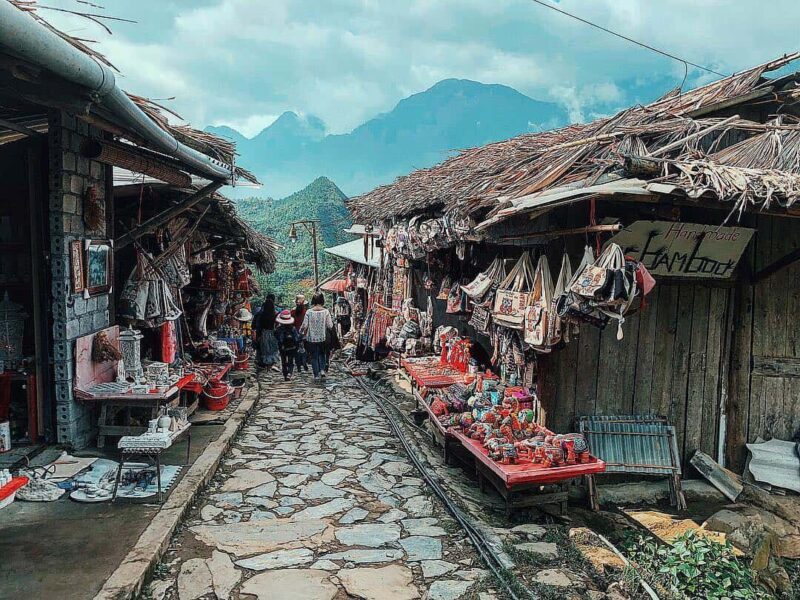
Muong Hoa Valley
The Muong Hoa Valley is beautiful for its rice fields and views. Enjoy a hike here to see the amazing scenery. You can meet farmers and learn about their work. Don’t forget your camera for the views and peace.
Thac Bac Waterfall
The Thac Bac Waterfall is a powerful sight 12 kilometers from Sapa. Visit its base to feel the mist and see the water’s force. The green forest around it is calm and inviting.
Ham Rong Mountain
Ham Rong Mountain shows off Sapa and its valleys. Hike to its top for stunning views. You’ll see flowers, orchids, and cultural shows. Also visit the stone garden for unique rocks and a quiet moment.
Trekking in Sapa

“Sapa is perfect for trekking. There are easy and hard routes for all. Walk through valleys and mountains covered in mist. See local village life and bring the right gear for a safe, fun trek.”
With its beauty, culture, and adventure, Sapa is great for those who love the outdoors. It’s a place for memorable experiences, from the stunning views to the local traditions.
| Activity | Highlights |
|---|---|
| Trekking | Explore stunning landscapes and hiking trails |
| Visit Ethnic Minority Villages | Experience local culture firsthand |
| Hike Fansipan Mountain | Conquer the highest peak in Vietnam |
| Cat Cat Village | Immerse yourself in Hmong culture |
| Muong Hoa Valley | Marvel at terraced rice fields |
| Thac Bac Waterfall | Be captivated by the power of nature |
| Ham Rong Mountain | Enjoy panoramic views and tranquil gardens |
Best Time to Visit Sapa
The best times to see Sapa’s beauty are during the harvest seasons. Usually, this is from late September to early October. You’ll see the rice fields at their best, with green and gold colors that amaze.

Sapa is worth visiting all year round. Spring brings a misty charm, summer has lush greenery, autumn shows golden landscapes, and winter offers cool air and even snowflakes. Each season in Sapa is like a new painting to enjoy.
When you plan your Sapa visit, think about the weather. Nights can be cold, and winters might see snow. The best weather is from September to November and March to May. It’s when the skies are clear and it’s perfect for outdoor adventures.
Climate in Sapa
“Sapa’s weather and landscapes have their own charm, but they can be unpredictable. Prepare for changes and enjoy nature’s beauty in every way.” – Local Guide
Here’s a quick look at Sapa’s climate:
| Season | Temperature | Conditions |
|---|---|---|
| Spring (March – May) | Moderate | Misty and cool with occasional rainfall |
| Summer (June – August) | Mild to Warm | Lush and green with occasional showers |
| Autumn (September – November) | Cool | Abundance of colors and clear skies |
| Winter (December – February) | Cold | Chilly nights, occasional snowfall |
Visiting Sapa will always be a beautiful experience. Each season will show you a different side of the area. You’ll get to see the beauty of the rice fields and enjoy the local culture. So, prepare for an unforgettable trip to Sapa, Vietnam.
Sapa 1 Day Tours
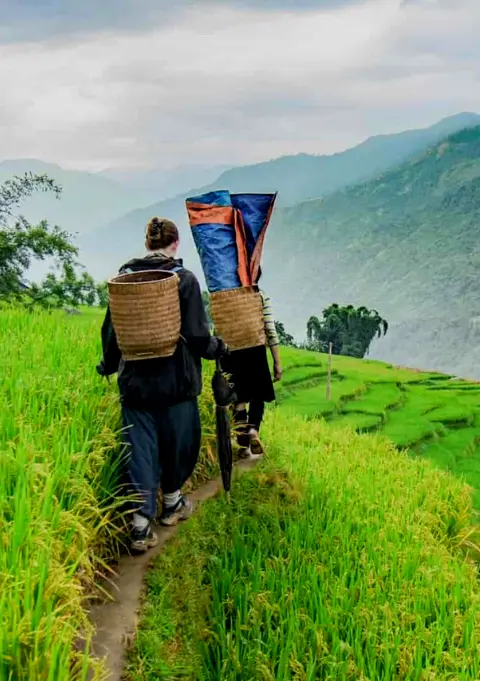
- 1 day experience
- Moderate to challenging
- Cultural immersion & active adventure
- Rice fields, valleys & villages
- Private tours
- Vegan-friendly
Sapa 2 Day Tours
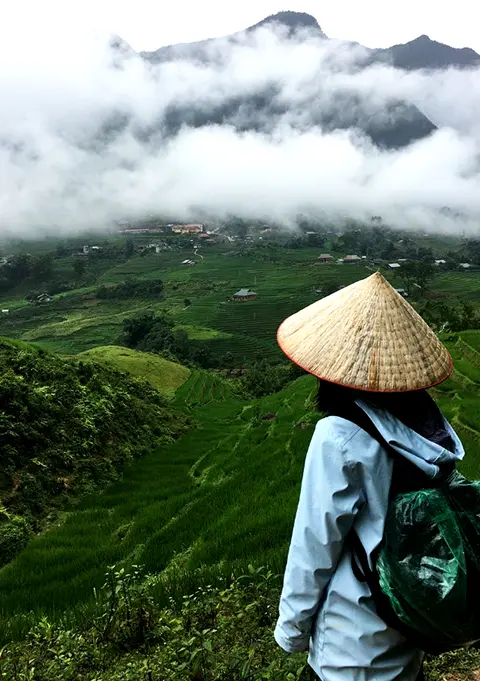
- 2 days 1 night experience
- Moderate to challenging
- Cultural immersion & active adventure
- Mountains, valleys, rice fields and villages
- Private tours
- Vegan-friendly
Sapa 3 Day Tours
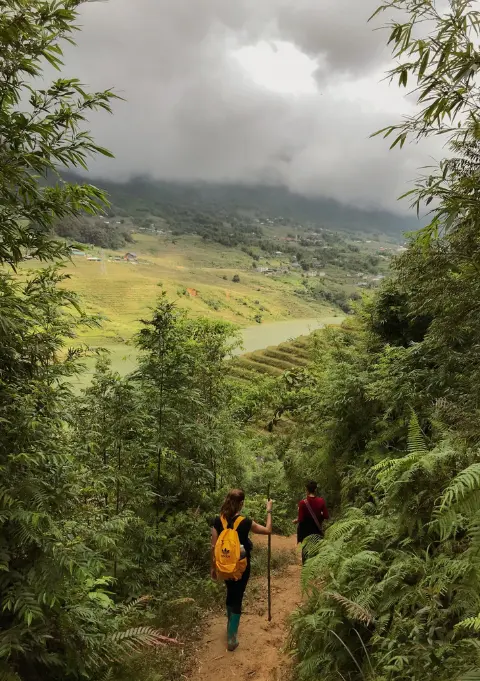
- 3 days 2 night experience
- Moderate to challenging
- Cultural immersion & active adventure
- Mountains, valley, rice fields & villages
- Private tours
- Vegan-friendly
Sapa 4 Day Tours
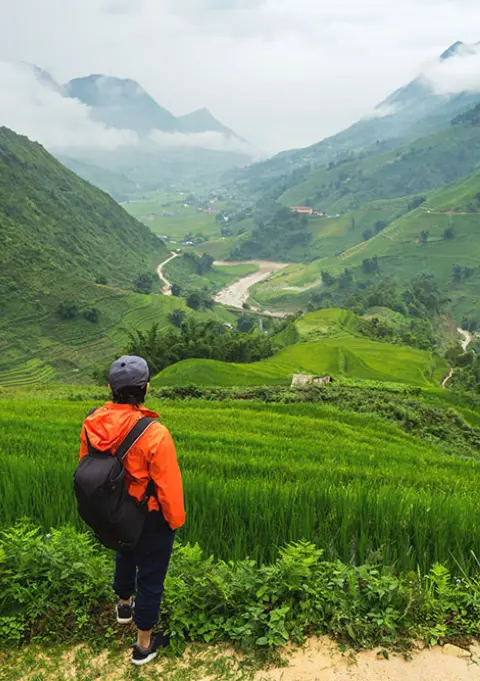
- 4 days 3 night experience
- Moderate to challenging
- Cultural immersion & active adventure
- Mountains, valleys, rice fields & villages
- Private tours – Less Touristic
- Vegan-friendly
Where to Stay in Sapa, Vietnam
Planning a trip to Sapa, Vietnam, means choosing the right place to stay. Fortunately, Sapa has a lot of options for every budget and taste.
Budget-Friendly Hostels
Are you watching your spending? Or do you enjoy meeting new people? Then, staying in a budget hostel in Sapa is perfect. You’ll find cheap dormitory rooms and spaces to socialize. These places often arrange tours, making it simple to see Sapa’s beautiful scenery.
Mid-Range Hotels
In Sapa, you’ll find many mid-range hotels that offer comfort and convenience. They come with private rooms, restaurants, and helpful staff. Some even feature mountain views, letting you soak in Sapa’s natural splendor.
Luxury Resorts
Looking for luxury? Sapa’s resorts have you covered, with their high-class amenities and services. You can enjoy luxurious rooms, spa treatments, and fine dining. It’s the ultimate way to treat yourself in Sapa.
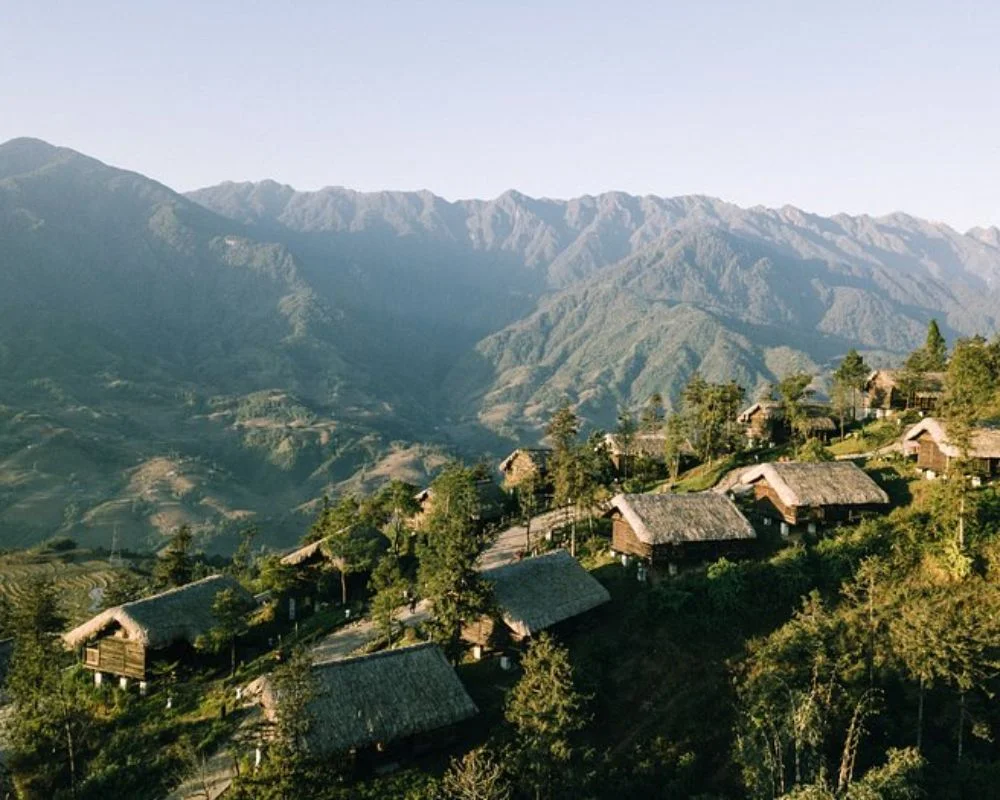
Homestays with Local Hill Tribe Families
For a real taste of local life, try a homestay with a hill tribe family. It’s a chance to live as they do and learn about their culture. You’ll sleep in a traditional house, eat home-cooked food, and take part in their daily activities. This gets you closer to Sapa’s true heart.
The best places to stay in Sapa are close to the town center. This area is filled with shops, restaurants, and sites to see. Staying here makes it easy to explore markets, museums, and hiking paths.
Choosing where to stay in Sapa really depends on what you’re looking for. You might pick a budget hostel, a comfy hotel, a luxurious resort, or a homestay with locals. Regardless of your choice, you’ll have the perfect spot to experience Sapa’s beauty and culture.
Local Culture and Tours in Sapa
Sapa is full of local culture and diverse ethnic groups like the Hmong and Red Dzao. Each group has its own customs and way of life. It’s interesting to see their unique traditions. To really get into the local culture, join tours, stay with families, and watch cultural shows.
Local tours are great for seeing Sapa’s villages and learning about their way of life. Local guides share stories and insights. These tours help you understand and connect with the people there.
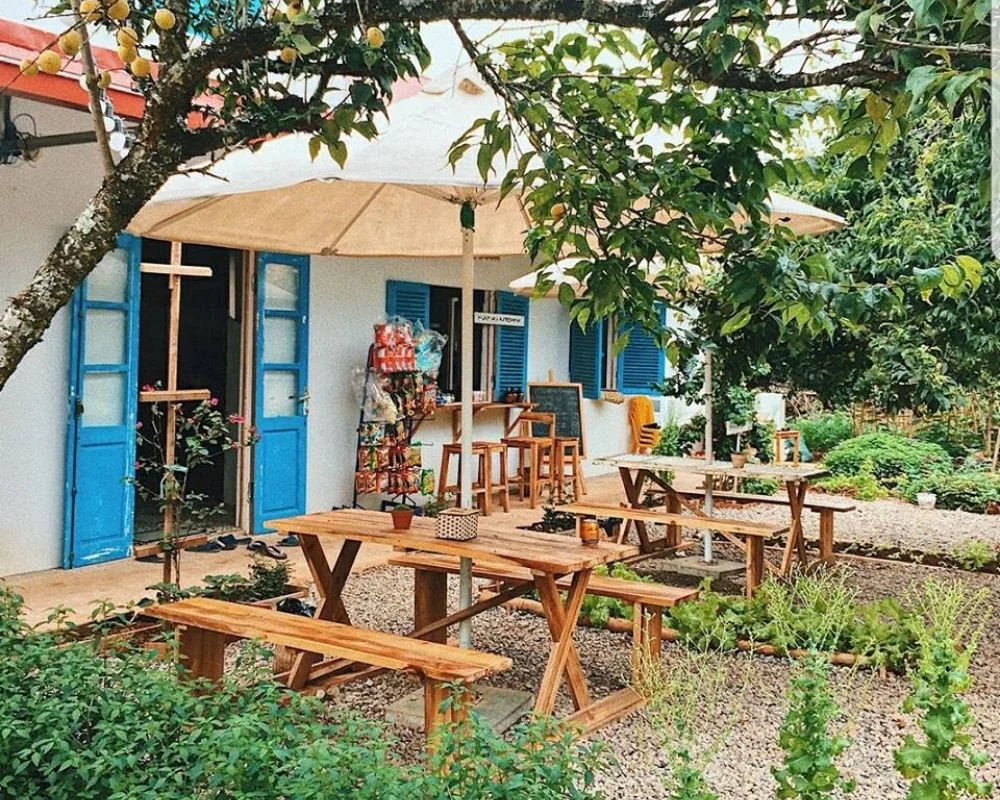
Staying with a family for a homestay is an authentic way to experience Sapa. You’ll see their daily life and learn about their customs. By sharing meals and talking with them, you’ll make real connections and learn a lot about their culture.
“Taking the time to learn about and appreciate the local culture is an essential part of visiting Sapa. By supporting sustainable tourism practices, we contribute to the preservation of these unique traditions for future generations to enjoy.”
Don’t miss the cultural performances in Sapa. They showcase traditional music, dance, and clothing. It’s a lively way to see their culture and celebrate what makes Sapa special.
As a visitor, it’s important to respect the local culture. This means dressing appropriately and asking before you take photos. Respect their customs to show you value their way of life. This helps create a positive bond with the community.
Embracing Sapa’s Cultural Diversity:
In Sapa, try these to experience the culture:
- Guided tours of ethnic minority villages
- Homestays with local families
- Cultural performances and events
- Participating in traditional rituals and ceremonies
Getting involved with the culture helps us understand Sapa better. It also supports preserving their heritage.
Sapa 1 Day Tours

- 1 day experience
- Moderate to challenging
- Cultural immersion & active adventure
- Rice fields, valleys & villages
- Private tours
- Vegan-friendly
Sapa 2 Day Tours

- 2 days 1 night experience
- Moderate to challenging
- Cultural immersion & active adventure
- Mountains, valleys, rice fields and villages
- Private tours
- Vegan-friendly
Sapa 3 Day Tours

- 3 days 2 night experience
- Moderate to challenging
- Cultural immersion & active adventure
- Mountains, valley, rice fields & villages
- Private tours
- Vegan-friendly
Sapa 4 Day Tours

- 4 days 3 night experience
- Moderate to challenging
- Cultural immersion & active adventure
- Mountains, valleys, rice fields & villages
- Private tours – Less Touristic
- Vegan-friendly
Sapa Ethnic Minority Groups
| Ethnic Minority Group | Population | Traditions and Customs |
|---|---|---|
| Hmong | Approximately 50% of Sapa’s population | The Hmong are known for their vibrant traditional clothing and intricate embroidery. They have unique celebrations, such as the New Year Festival, which involves colorful costumes, music, and dance. |
| Red Dzao | Approximately 30% of Sapa’s population | The Red Dzao are recognized for their elaborate headwear and beautiful handicrafts. They are skilled in herbal medicines and have traditional practices centered around grooming and beauty. |
| Tay | Approximately 10% of Sapa’s population | The Tay people are known for their stilt houses and fishing techniques. They have a rich agricultural heritage and are skilled in rice cultivation and traditional crafts like bamboo weaving. |
The different groups in Sapa make its culture rich and colorful. By exploring and respecting their traditions, we can truly enjoy the beauty of their culture.
Safety Tips for Visiting Sapa
When you visit Sapa, safety is key for a great trip. Here are some tips to remember:
Be Prepared for Sapa Weather
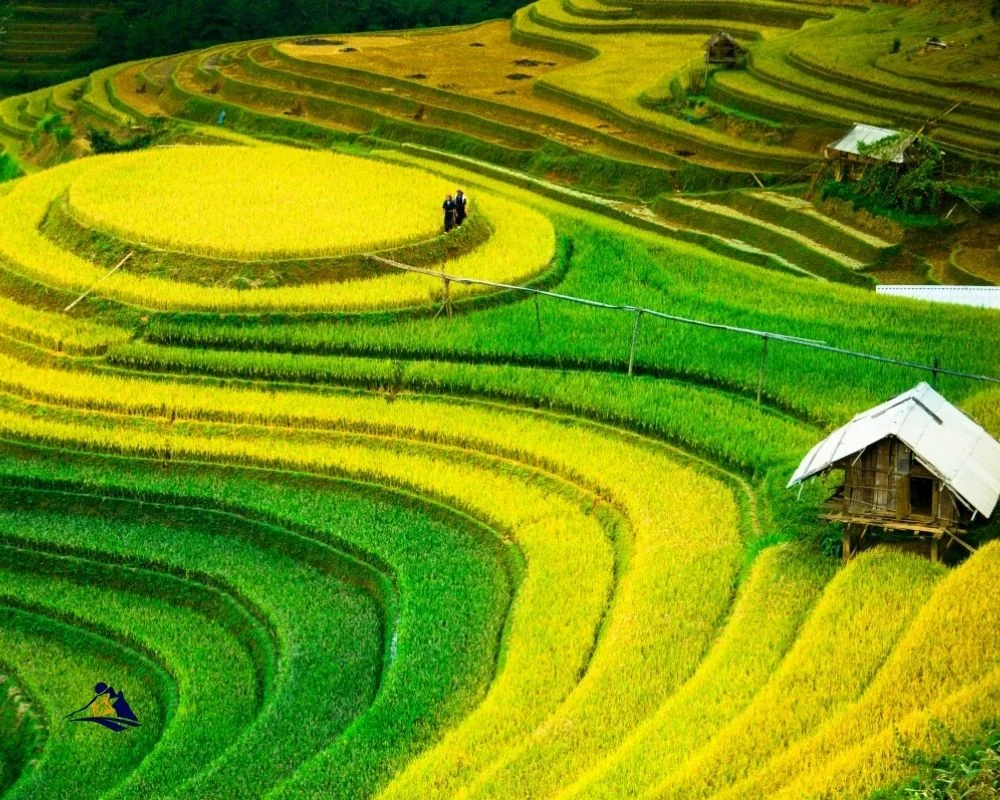
Sapa weather changes fast, especially in winter. Nights get cold and you might see snow. It’s important to pack warm clothes and be ready for any weather. Bring layers, a waterproof jacket, and strong shoes. Also, check the weather report before you go to plan well.
Stay Safe on Sapa Hiking Trails
Sapa’s hiking trails are known for their beauty. But, it’s very important to stay safe. Always hike with a guide who knows the area well and can show you around. Keep to the marked paths to avoid getting lost.
Respect the Local Communities and Customs
Sapa is rich in culture with different ethnic groups. It’s a must to respect their way of life when you’re there. Be kind when you talk to local people and ask before you take photos. Learning a few local words for greetings or thanks can make a big difference.
Beware of Potential Scams
Sapa is safe, but be careful of scams. Some people may try to trick visitors, like charging too much for hikes or crafts. Look for trusted tour guides and make sure you both understand the deal. If something feels off, follow your gut and be cautious.
“The safety of our visitors is important. By following these tips, you can explore Sapa safely and enjoy its beauty.”
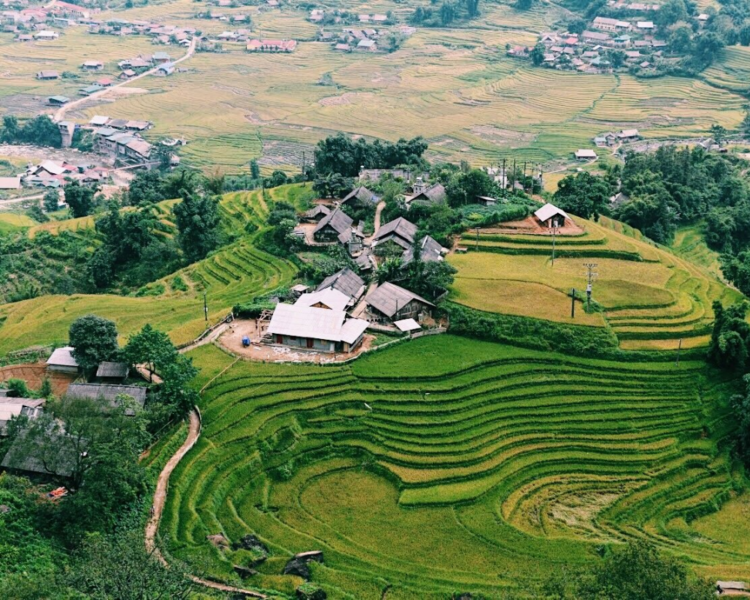
| Tips for Sapa Travel Safety | Essential Sapa Hiking Tips |
|---|---|
|
|
Conclusion
Sapa sits in the beautiful mountains of Vietnam, drawing in visitors with its many offerings. It showcases stunning views and a deep cultural history. There’s something here for every adventurer.
Heading to Sapa, picking how to travel is key. You might enjoy the thrill of a train or bus ride. Or maybe flying in is more your style. Even a private car can add a special touch to the trip.
Once in Sapa, your choices are wide open. You can marvel at the rice fields or see the unique villages. For those up for a challenge, climbing Fansipan Mountain is a must. Don’t forget to try the local dishes and meet the friendly people.
By planning well and being open to new things, your Sapa journey will be unforgettable. So, get ready for adventure, and make memories in this charming place. It’s time to start your amazing trip to Sapa.
Sapa 1 Day Tours

- 1 day experience
- Moderate to challenging
- Cultural immersion & active adventure
- Rice fields, valleys & villages
- Private tours
- Vegan-friendly
Sapa 2 Day Tours

- 2 days 1 night experience
- Moderate to challenging
- Cultural immersion & active adventure
- Mountains, valleys, rice fields and villages
- Private tours
- Vegan-friendly
Sapa 3 Day Tours

- 3 days 2 night experience
- Moderate to challenging
- Cultural immersion & active adventure
- Mountains, valley, rice fields & villages
- Private tours
- Vegan-friendly
Sapa 4 Day Tours

- 4 days 3 night experience
- Moderate to challenging
- Cultural immersion & active adventure
- Mountains, valleys, rice fields & villages
- Private tours – Less Touristic
- Vegan-friendly
